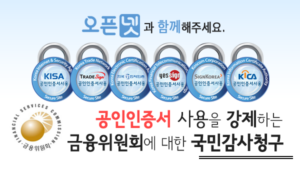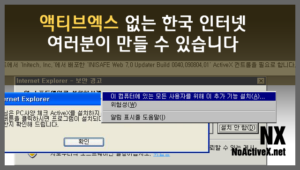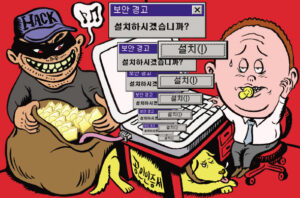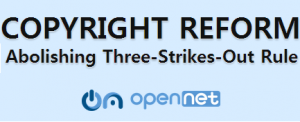Press Release
[Joint Press Conference] Civil Societies Demanded the Government to Abolish the Election Broadcast Deliberation Commission
28, March, 2024By Joint Action Against Free Speech The Election Broadcast Deliberation Commission...
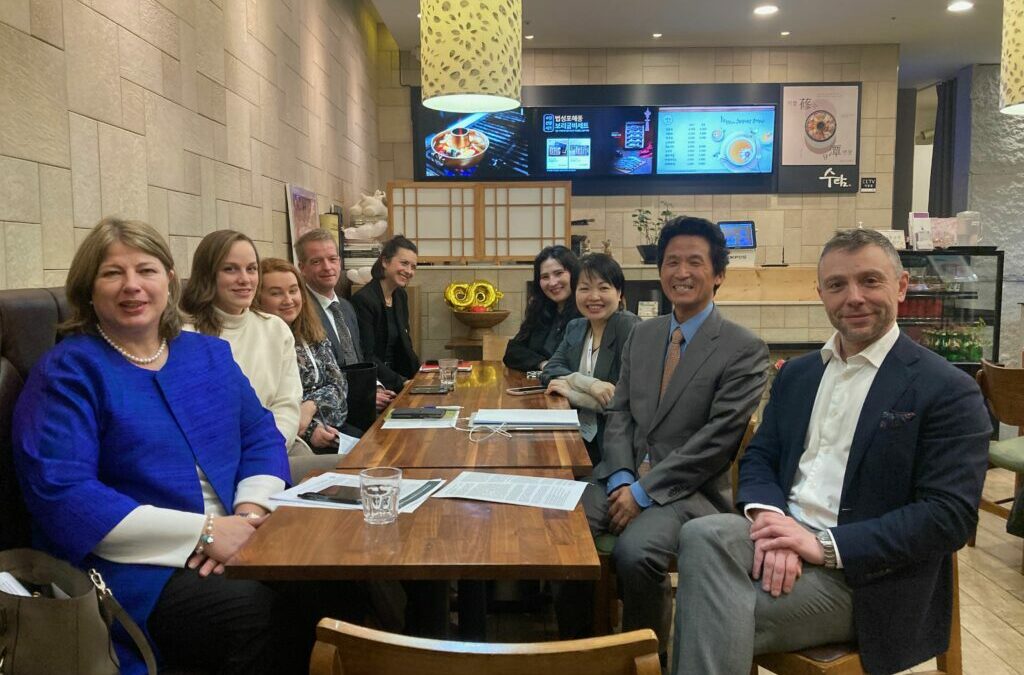
Open Net lobbies for Vietnam digital rights at Summit for Democracy in prep for UN Human Rights Council’s UPR on the country
From March 19 through 27, Open Net lobbied for Vietnam's digital rights in preparation for the...
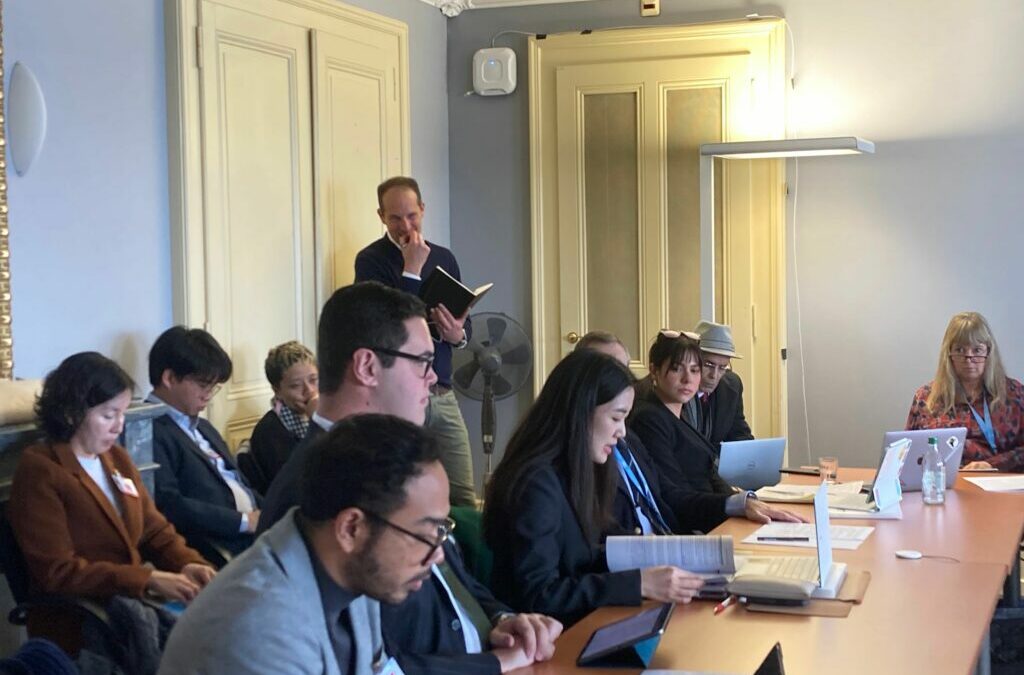
Open Net lobbies for Indonesia digital rights before UN, resulting in new recommendations on infamous EIT law and MR5
On 27 March 2024, the UN Human Rights Committee issued its final recommendations to the Indonesian...
Eight Civil Society Organizations of Article 21 Net engage in online action re-posting ‘Presidential Satire Videos’
In firm condemnation and solidarity against the investigation into the satirical video about the...
Open Net Korea, on behalf of the ‘Bad Fathers’, lodged a constitutional complaint regarding defamation
February 5, 2024 On February 2, 2024, Open Net Korea is initiating a renewed constitutional...
LITIGATION
Open Net files a damages suit against telcos for blocking mVoIP traffic
Read Korean original here.
Open Net welcomes another lower court decision finding virtual child porno law unconstitutional as applied to animation
Read Korean original here. This is a second lower court decision that suspended a criminal case...
Open Net applies for an injunction against the BC Card Company refusing to approve Paygate payments
Read Korean original here and here.
Open Net files a constitutional challenge against Online Game Identity Verification and Parental Consent Rule
Read Korean original here.
Open Net welcomes First Appeals Court Decision Finding Adult Actor Video Not Child Pornography
Read Korean original here.
OPEN SEMINAR

Part 1 of Open Net’s Special Lecture Series on Media Literacy (14:00 April 5, online)
You can read the Korean original here.
POSCO International’s Contribution to Myanmar Tatmadaw’s Slush Fund
KS Park's Presentation at Open Net's November 18, 2021 Seminar on POSCO International and Myanmar...
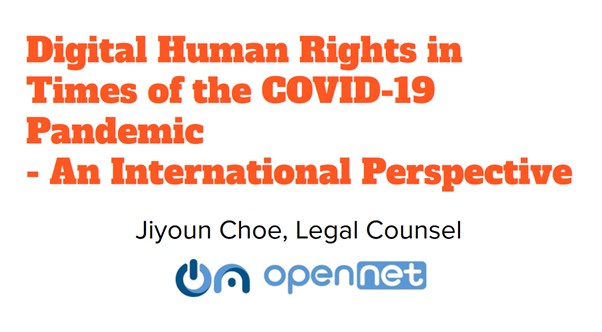
Digital Human Rights in Times of the COVID-19 Pandemic – An International Perspective (TWIGF 2021)
The following is Jiyoun Choe’s presentation at the TWIGF 2021 as part of a panel in the ‘Digital...
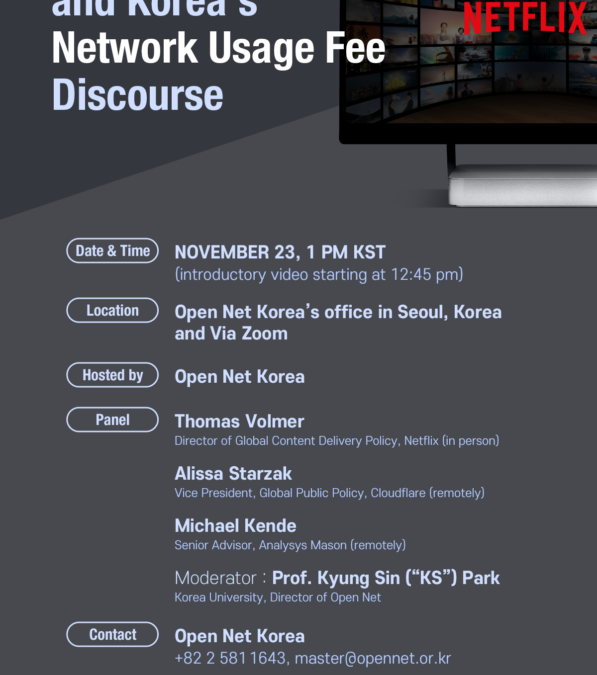
Webinar: Global Internet Interconnection Practices and Korea’s “Network Usage Fee” Discourse
The success of Squid Game and Netflix have raised the cries of “free-riding on internet” against...
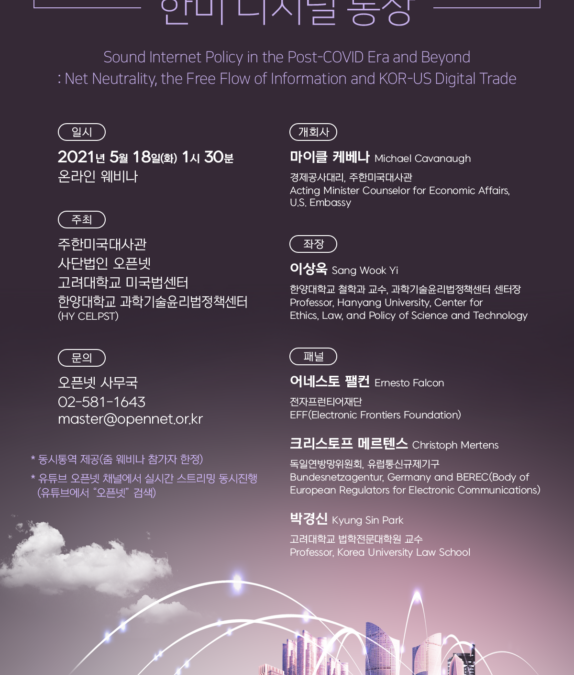
Sound Internet Policy in the Post-COVID Era and Beyond: Net Neutrality, the Free Flow of Information and KOR-US Digital Trade
Sound Internet Policy in the Post-COVID Era and Beyond: Net Neutrality, the Free Flow of...
COURT ACTIONS
No Results Found
The page you requested could not be found. Try refining your search, or use the navigation above to locate the post.
education
2021 Financial Statements
2021 Financial StatementsDownload
2022 Financial Statements
2022 Financial StatementsDownload
2023 Financial Statements
2023 Financial StatementsDownload
2024 Financial Statements
2024 Financial StatementsDownload
YouTube Channel of Civil Society Organization Deleted Without Specific Explanation – Channel Restored After Raising the Issue with Google’s Global Human Rights Policy Team
Civil Society Organizations Call for Transparency and Preventive Measures In March and April, the...
POLICY RESEARCH
[Open Net Forum] the National Intelligence Service Spying Citizens by Hacking Team’s spyware RCS and Release of “Open Vaccine”
Internal emails of Hacking Team leaked by Wikileaks show that the spyware has been purchased by...
Open Net Forum on Constitutional Court Decision on the Child Pornography Law
Please read the Korean original here.
[Open Net Forum] For Whom is KCSC’s 3rd-Party-Initiated Defamation Takedown?
Please read the Korean original here.

Open Net and Harvard’s Berkman Center Host International Seminar on Intermediary Liability (May 28)
Open Net - Harvard Berkman Center Seminar on Intermediary Liability - Designing Intermediary...
“Can Cartoons be Legally Obscene?” – Open Net Forum on Recent Lezhin.com Shutdown
Please read the Korean original here.
CAMPAIGN
Stop Internet Censoring
We have seen many attempts to censor the Internet under the pretext of copyright protection. Notorious attempts are SOPA and PIPA of 2012, which triggered the largest online protest in history and was eventually withdrawn, and ACTA, a plurilateral trade deal killed by the European Parliament in 2012. Now, Korean government tries to enact a much stronger internet censoring rule. If it passes the legislative body, a copyright protection agency may cut off access to websites that the agency views as copyright infringing. The concerns over mass surveillance and privacy vulnerabilities by the proposed rule are widespread amid the government’s new drive to block “https” traffic by SNI eavesdropping (See, press release of Korea Communication Commission on February 12, 2019 and press release of MCST on May 2, 2018, both in Korean).
Intermediary Liability Campaign
Korean law (Copyright Act Article 103, Information Communication Network Act Article 44-2) requires intermediaries to take down all content for which anyone sends a takedown notice, regardless whether the content violates any right or law, not as a condition of qualifying for a safe harbor but as a positive obligation. As a result of this ‘mandatory’ notice-and-takedown system, the intermediaries are forced to take down thousands of contents daily which they believe to be perfectly lawful. Also, Korean laws require some intermediaries like P2P and cyberlockers to implement ‘technical measures’ to filter out copyright infringing material (Copyright Act, Article 104) and obscenity (Telecommunications Business Act Article 22-3 Paragraph 1), and requires all intermediaries to implement technical measures to filter out child pornography (Children and Juvenile Sex Protection Act Article 17). These ‘technical measures’ requirement ends up requiring the intermediaries to monitor each and every third party content posted on their services, turning the Internet into a space open to only those contents implicitly permitted by the intermediaries.
Open Net Korea has engaged in various efforts to bring the Korean law into compliance with the international norm, including but not limited to participating in the Steering Committee of the Manila Principles for Intermediary Liability, co-authoring a Good Practice Guideline for Intermediary Liability Regime published by the Network of Centers for Internet and Society, and calling the international community to write to the relevant officials.
Open Payment Campaign
Currently, the law requires all online payments above 300K Korean won (about US$300) to be signed by so-called “accredited certificates”, which are backed only by a Korean government agency operating as a root CA but none of the internationally recognized certificate accreditation agencies and therefore require various plugins to be downloaded from various vendors (most often through Active X technology due to the 90% plus dominance of Internet Explorer in the country) enabling and protecting the certificates. Such monolithic “closed” payment rule made the Korea-based e-commerce inaccessible for overseas customers and very inconvenient for domestic customers and indoctrinated Korean customers into a dangerous habit of accepting downloads of unknown origins, who therefore became easy targets for pfishing and other financial frauds. Open Net calls for the dismantling of the payment rule mandating use of the government-backed-certificates that are not really “accredited” in any global sense.
In 2013, Open Net ran a petition drive to file a Citizens’ Audit on the Korean Financial Services Commission responsible for implementing the closed payment rule, and obtained the sponsorship of more than 300 signatories who signed on-line at this site.
In 2013, Open Net ran a grassroots petition drive here to demand that the authorities overhaul the online payment rule so that the Korean net users can make payments without the nail-biting, computer-freezing, caution-numbing downloading of all the plugins. Several thousands have signed on putting pressure on the legislators and authorities.
In the latter half of 2013, Open Net lobbied for a Digital Signature Act amendment bill allowing digital signatures to be approved by internationally recognized root authorities and a Electronic Financial Transactions Act amendment bill requiring the Financial Services Commission rule-making to be technology-neutral in accordance with the Basel Principles. Here is the campaign headquarter page from which people will gather information and write mails, Twits, FB entries alerting the relevant lawmakers.
“Real” Child Abuse Prevention Campaign
The law punishes virtual images of imaginary children such as in animation and adult-actor films under the same legal scheme as child pornography made of video-recording or “morphing” of real children, which carry mandatory minimum sentence of 5 years for production and, among other things, 10 years of employment ban and 20 years of residential address tracking, not to mention the stigma of “child sex offenders”. Such law resulted in police actions focused on online uploading and downloading of files at the expense of depleted resources for pornography involving real children, which ironically ended up indictment of juvenile computer users as “child sex offenders”. Open Net calls for amendment of the Child and Juvenile Sexual Abuse Prevention Act to make the law serve its real purpose.
Campaign to Strike Out the Three Strikes Rule
In Korea, the copyright Three-Strikes-Out Rule came into effect on July 23, 2009 and gave the government a power to disconnect users from the Internet in the name of copyright protection. So far, although no one has been disconnected from the Internet, 408 website accounts have been shut down and 468,446 warnings or takedowns have been executed by the South Korean government (The Ministry of Culture and the Korean Copyright Commission, an entity empowered to do so without judicial scrutiny under the three-strikes rule). There is no prior judical scrutiny. The government has the full discretion in determining whether the postings or the user accounts are to be taken down or not. This is administrative censorship done fast and cheap for the rightholders, however, suppressing freedom of expression and communication and Internet users’ fundamental right to access, and endangering the future of the free and open Internet.

